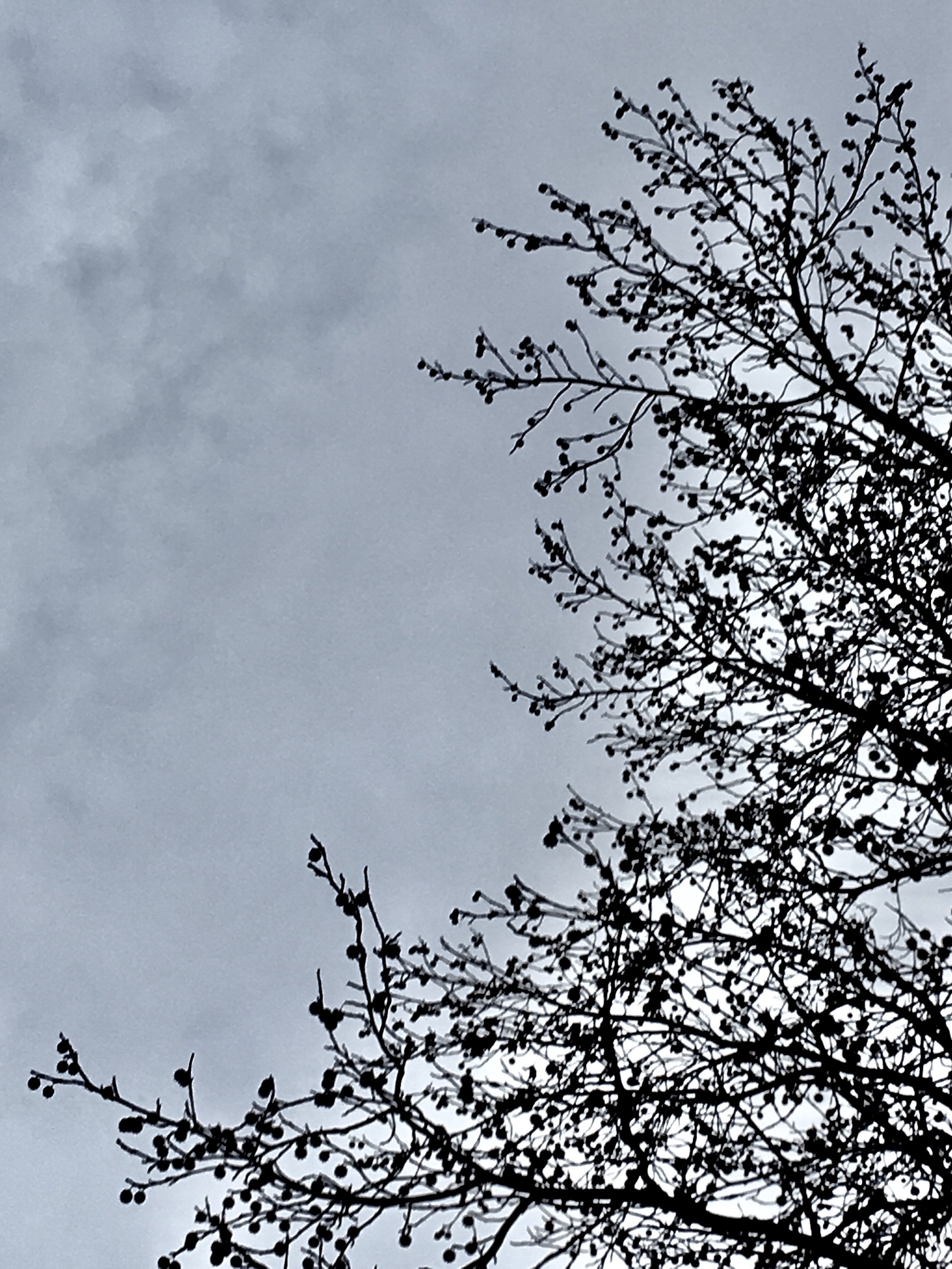What’s a wedding without cold feet? Some stories did not make into my memoir, but sometimes an interview will bring one out, which is what happened in the interview I did with Michael Brantley.
Michael was one of the first people I met in my MFA program at Queens University. He was in his fourth and last semester when I was just beginning, and he was one of two peers I studied with at the start of the two-year program. I learned not only from Michael's critiques of my work but also from his strategies and successes of becoming a published author soon after he graduated. (Here’s a link to his first book.)
Thank you, Michael, for this interview, and for being a part of my Queens family.
Here is the first part of the interview:
MB: How did your book come about?
SC: When I was 29, on a June Sunday morning in a hotel in Cincinnati, I said goodbye to my college friends at the end of my bridal shower weekend. I was standing in the lobby, and as each of my friends left to drive away and back to their own lives, I made my way to a payphone to call my fiancé—my own future life. That’s when I felt a panic wash over me. The feeling didn't leave me for a couple of hours, but I chose to ignore it the entire time that it stained my mood and thoughts. It took me many years (and a wedding and a divorce) to understand what my body had been trying to tell me that I dismissed. (Back then, I was good at dismissing.) My memoir doesn't really begin there, but that's one of the first things I wrote down. Eventually, the memoir became much bigger than that part of my life, and it forced me to explore what I believed about love, destiny, fear, and faith and how those things had informed the many choices I made and shaped who I am today.
MB: How long have you been writing and publishing and what brought you to it?
You can read my answer and the rest of the interview here.




